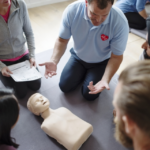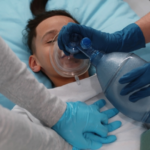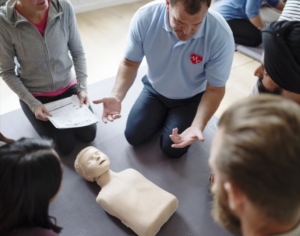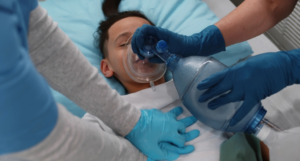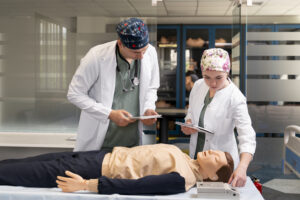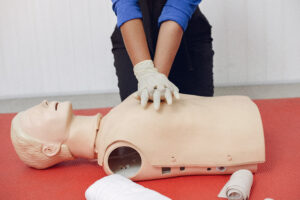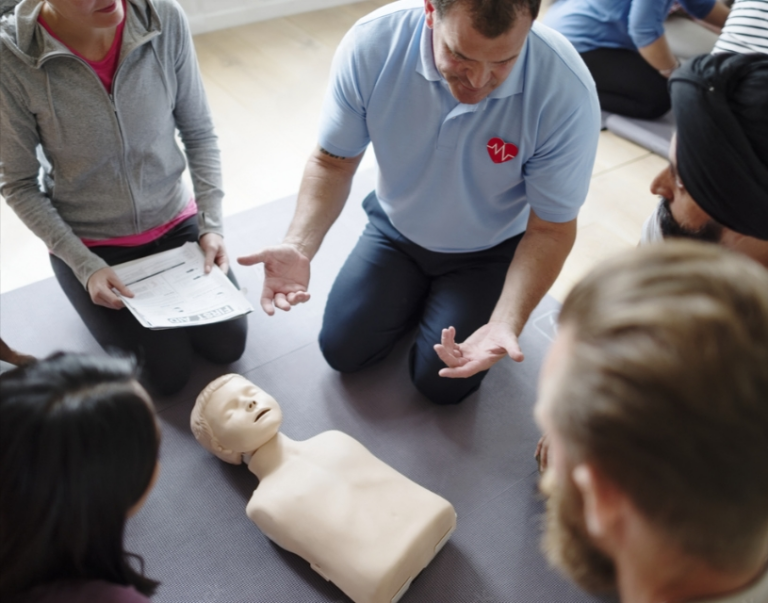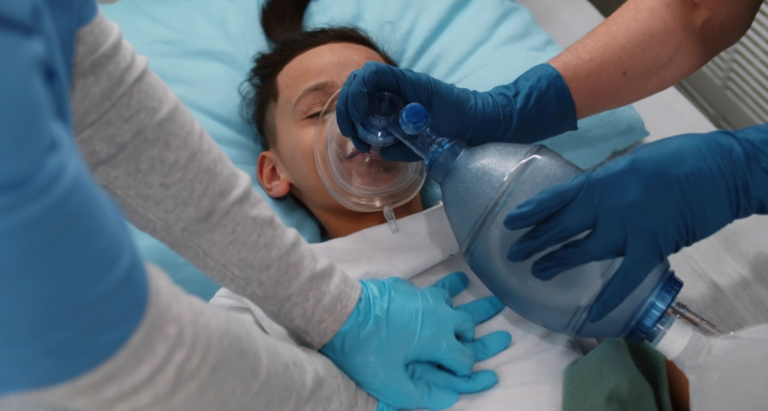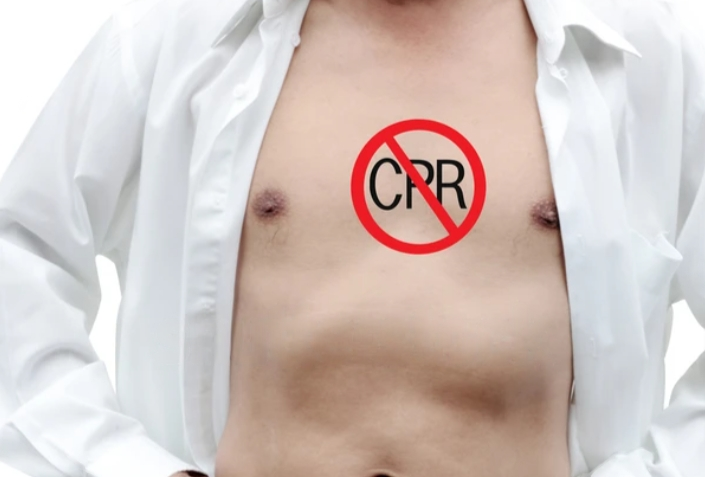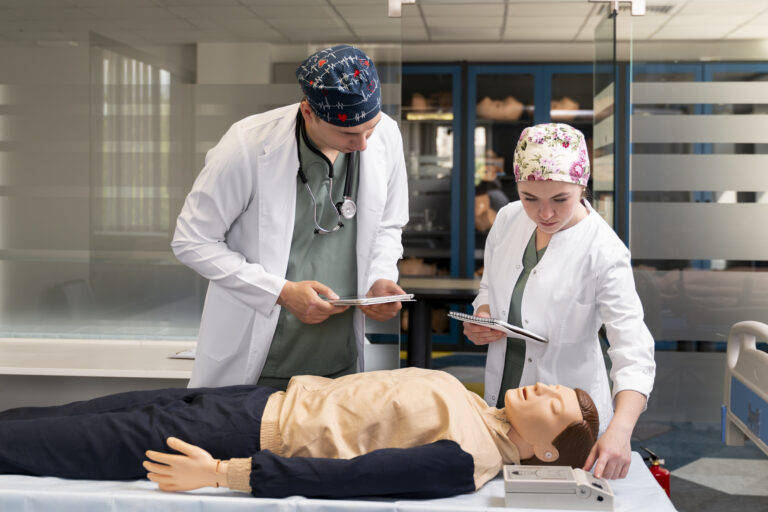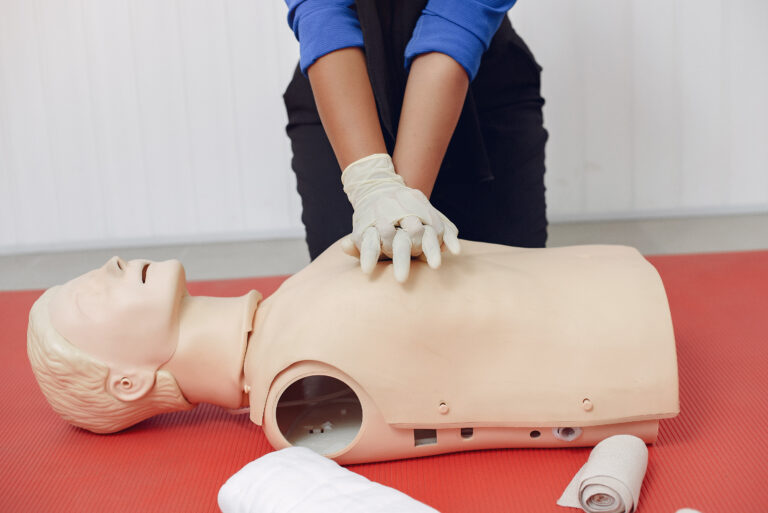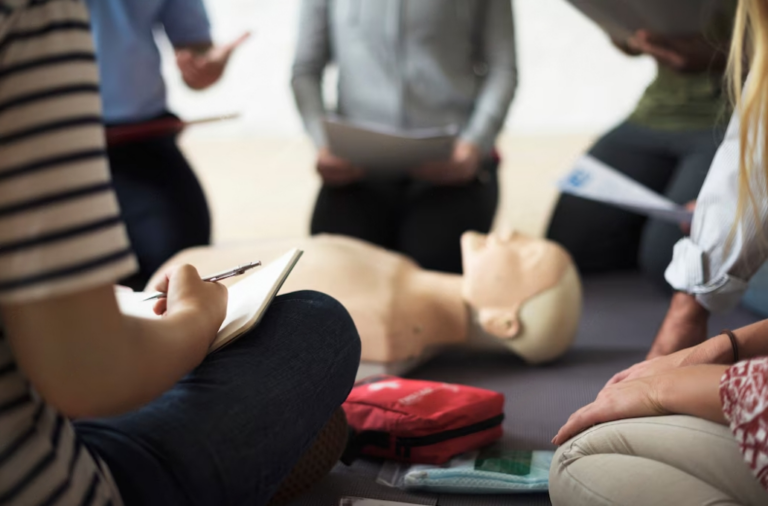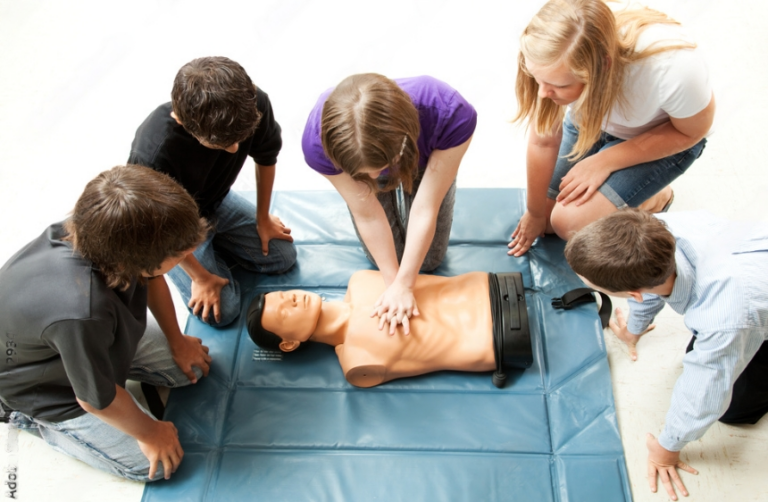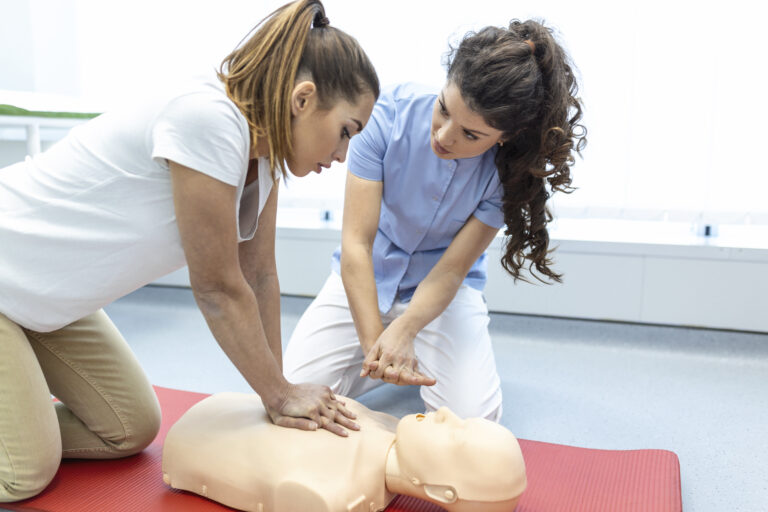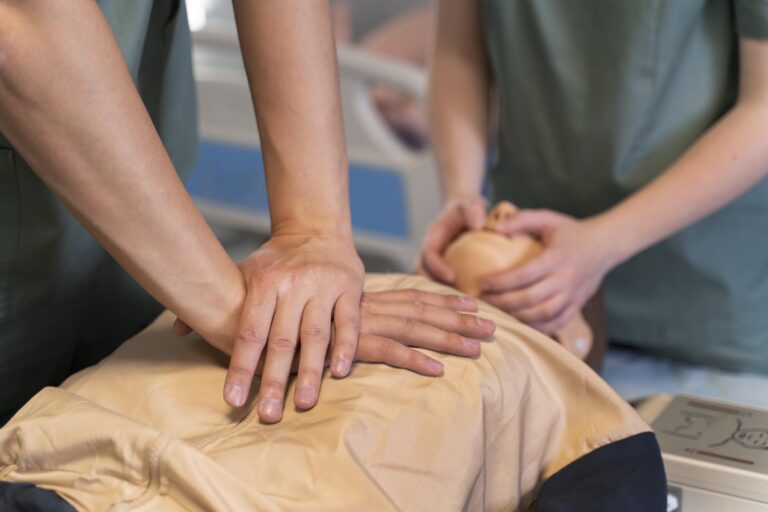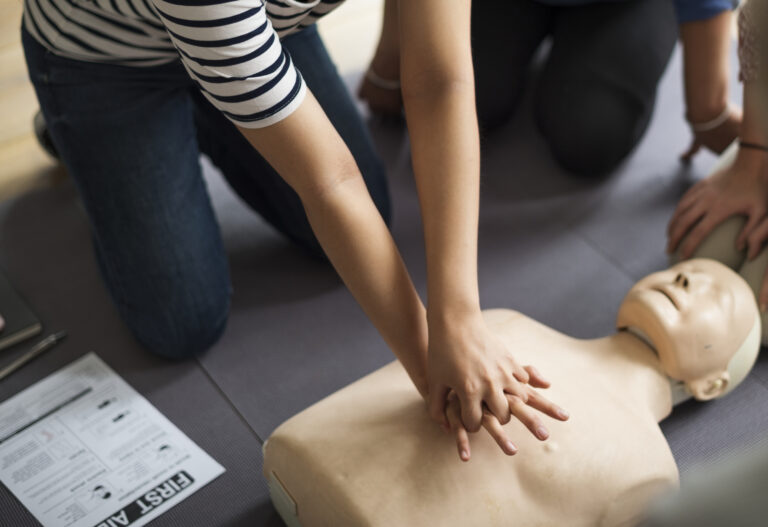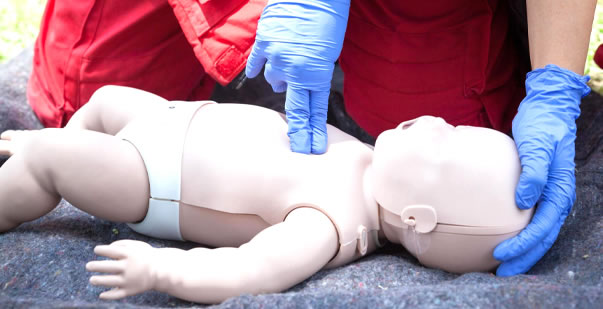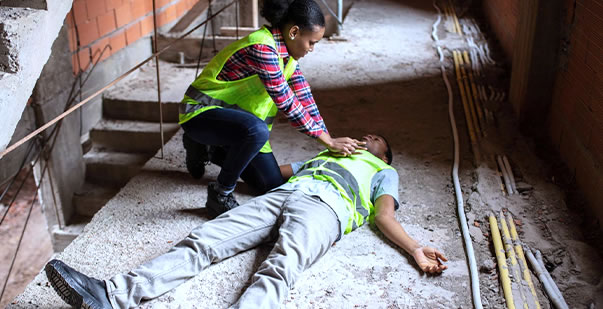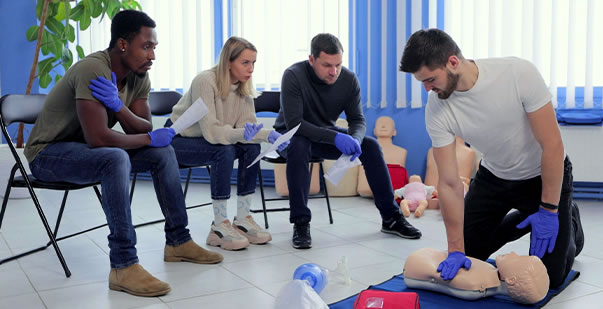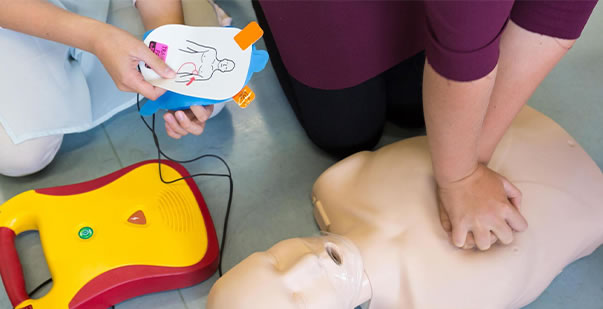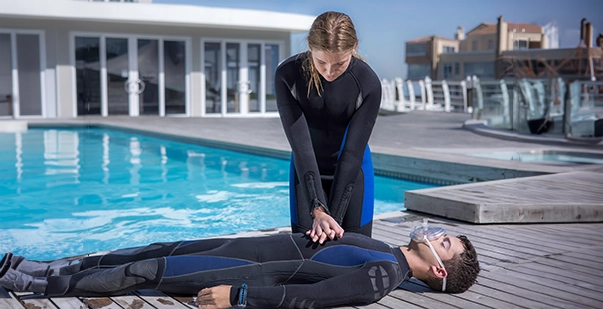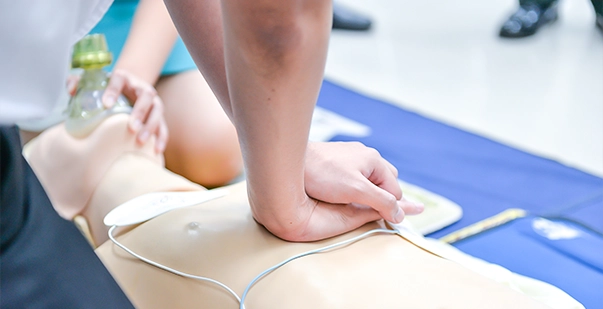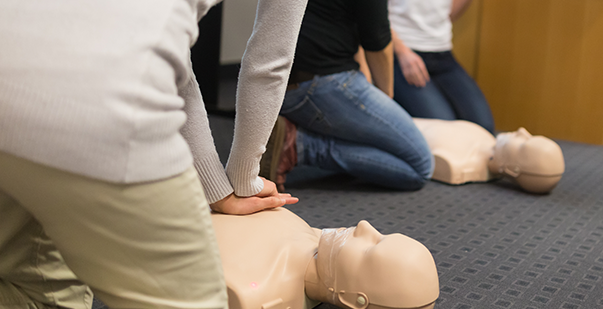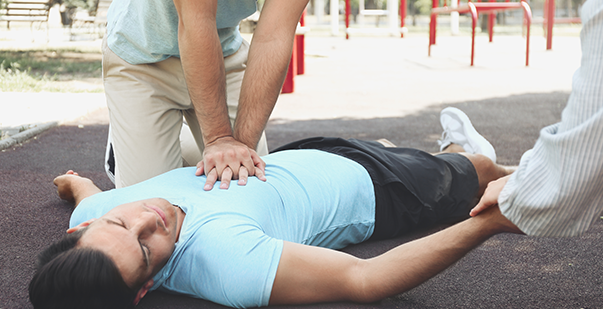Are you getting ready to take the PALS examination? Then realize that the Pediatric Advanced Life Support (PALS) exam is a test that healthcare professionals take to show that they have the information and abilities to take care of severely ill kids. It’s important to prepare well for this exam to gain a certification. Even though the exam is simple, you must prepare well. The certification can help you grow at work and save the lives of children. The PALS test preparation needs an organized approach and proper time management. You could use some of the below-mentioned tips for achieving success in this paper.
Why should you take a PALS Exam?
PALS (Pediatric Advanced Life Support) certification and the corresponding PALS exam are critical for healthcare professionals, particularly those who work in roles that are for seriously ill or injured youngsters. Here are several motives why you have to take a PALS exam:
- Specialized Pediatric Care: PALS certification focuses mainly on the care of pediatric patients, which includes babies and kids as young as 18 years of age. It equips healthcare providers with the expertise and abilities to respond to pediatric emergencies efficiently.
- Enhanced Patient Safety: Pediatric patients have precise needs and physiological differences compared to adults. PALS training guarantees that healthcare carriers can apprehend and cope with those variations, decreasing the danger of errors and improving affected persons’ safety.
- Critical Situations: Pediatric emergencies may be especially tough. PALS certification prepares healthcare experts to stay calm and make informed decisions at some point in essential moments, probably saving lives.
- Advanced Life Support Skills: PALS covers quite a number of superior techniques, together with pediatric assessment, advanced airway control, and medication management. These abilities are vital when caring for significantly ill or injured children.
- Career Requirements: Many healthcare employers, in particular those in pediatric services, emergency departments, and intensive care units, require or strongly opt for their team of workers to have PALS certification. Having PALS certification may be a process requirement or lead to better employment opportunities.
- Continual Learning: Healthcare is a dynamic field, and methods for pediatric care can evolve. PALS certification calls for periodic renewal, making sure that healthcare providers stay up to date with state-of-the-art practices and recommendations.
Read More: https://cprcertificationnearme.co/blog/understanding-the-5-elements-of-basic-life-support/
How to prepare for a PALS exam?
Follow these tips to prepare for your PALS Exam:
- Study the PALS Provider Manual
- Obtain a duplicate of the modern PALS provider manual.
- Read the manual thoroughly to apprehend the PALS algorithms, guidelines, medications, and approaches.
- Take notes and highlight key factors for brief reference.
- Participate in a PALS Course
- Enroll in a PALS course carried out by a recognized organization. These courses normally encompass hands-on exercises and simulations.
- Attend an instructor-led course if feasible, as it gives the opportunity for interaction, getting to know and clarification of doubts. You can find courses near you online as well.
- Practice with Scenarios
- Practice PALS situations with a companion or in a group setting to simulate actual life conditions.
- Review ECG Interpretation
- Familiarize yourself with pediatric ECG rhythms and interpretation, as this is a crucial element of PALS.
- Take Practice Exams
- Look for the PALS practice exam online and offline.
- Review your answers and perfect your score with practice.
- Stay Informed and Updated:
- Stay updated with the latest PALS recommendations, as they could change over the years.
5 Tips to give a good PALS exam
Taking an exam may be worrying, but with effective strategies, you can enhance your performance. Here are 5 tips to help you give a good examination:
- Preparation is Key: Start your practice properly in advance of the examination date. Use various sources, including textbooks, notes, online practice questions, and online tutorials. Understand the format of the examination, inclusive of the types of questions.
- Practice Regularly: Work through practice assessments, quizzes, and sample questions associated with the topic. Review and examine your errors to identify weak areas that require greater interest. Focus on enhancing those areas.
- Learn to Stay Organized: Organize your resources to set a method. Create notes or flashcards to summarize key concepts and statistics.
- Manage Your Time: Read all instructions carefully before beginning the examination to understand the necessities. Allocate your time wisely. If the exam has a couple of sections or questions, decide how much time you may have to spend on each question. If you’re unsure about an answer, mark it and come again later if time permits.
- Stay Calm and Focused: Get a proper night’s sleep, eat a balanced meal, and arrive at the examination place early to decrease stress. During the exam, take deep breaths to calm your nerves and preserve focus. Stay positive and confident in your competencies. If you come across a difficult query, continue to be composed. Try to put off incorrect solution picks and make a knowledgeable guess if essential.
Conclusion
Your PALS test preparation may not take much time if you are focused during classes. Pay attention during classes and ensure you ask questions in class. You should also give yourself time a day before the exam. Relax, unwind, and head to the exam center with a fresh mind. Take the test and add another feather to the cap with a PALS certification.



